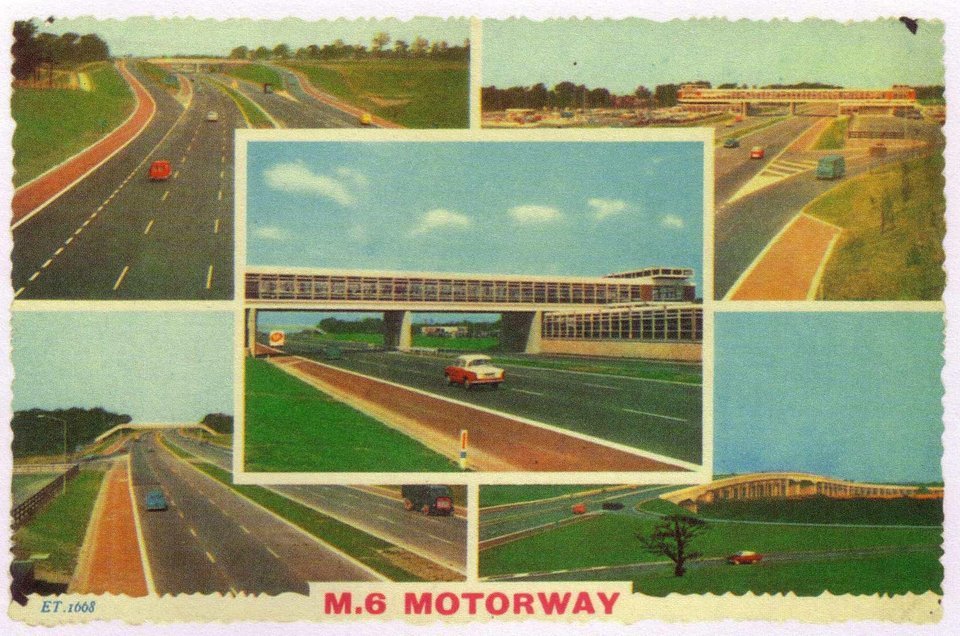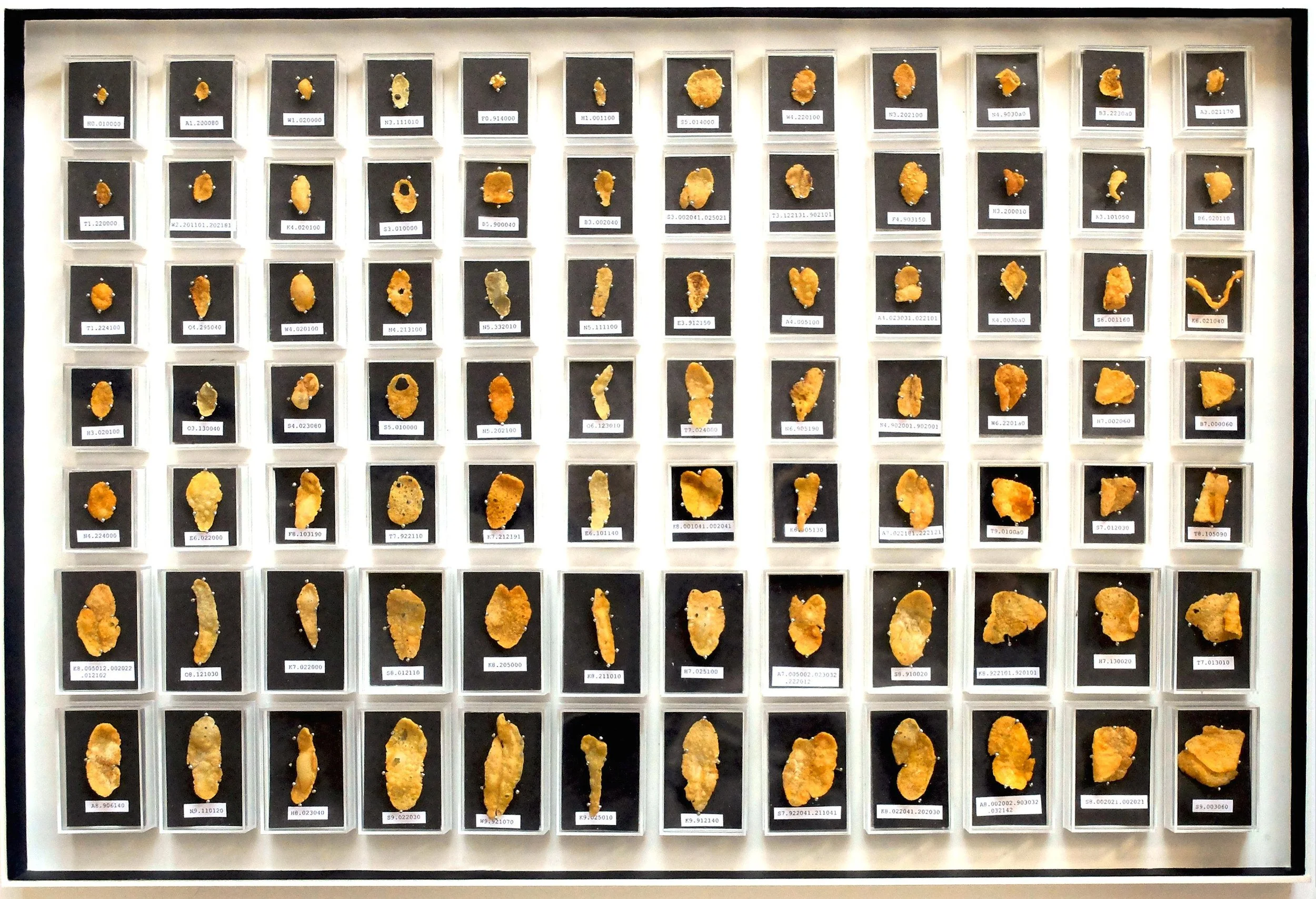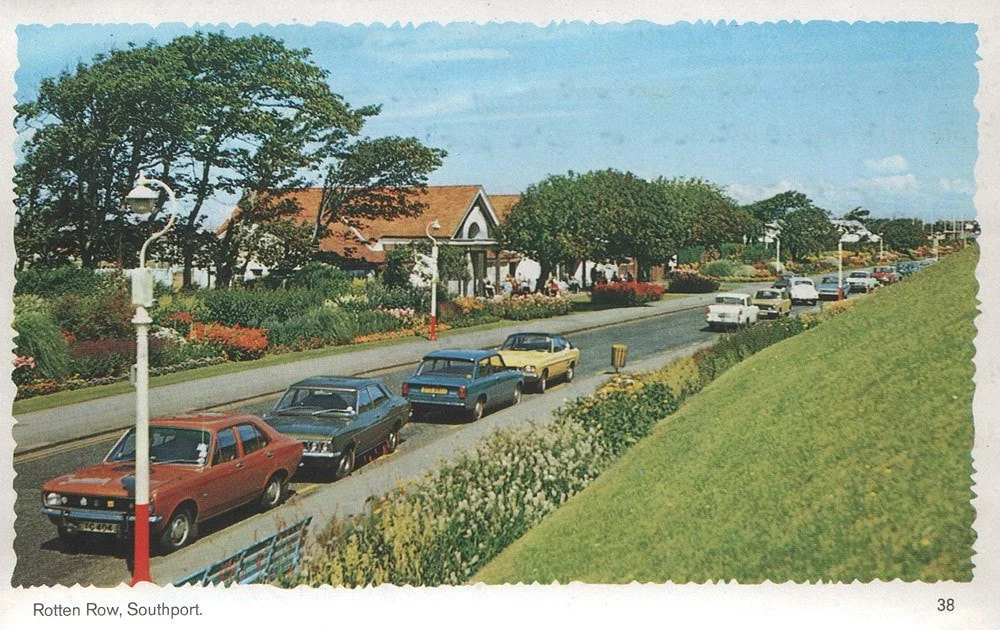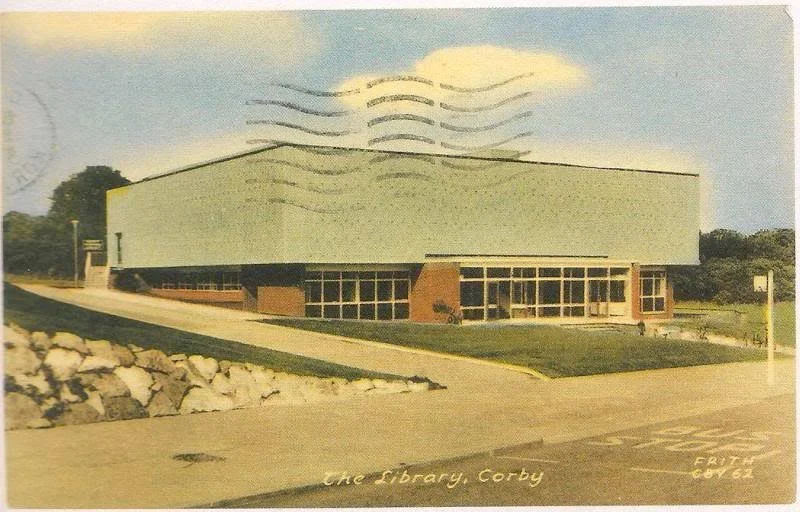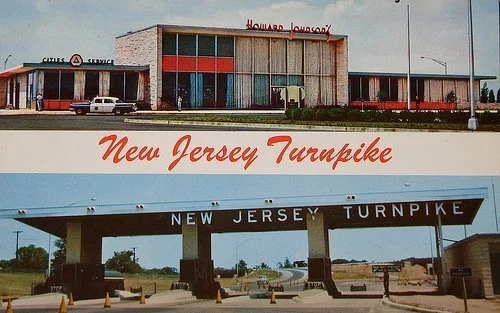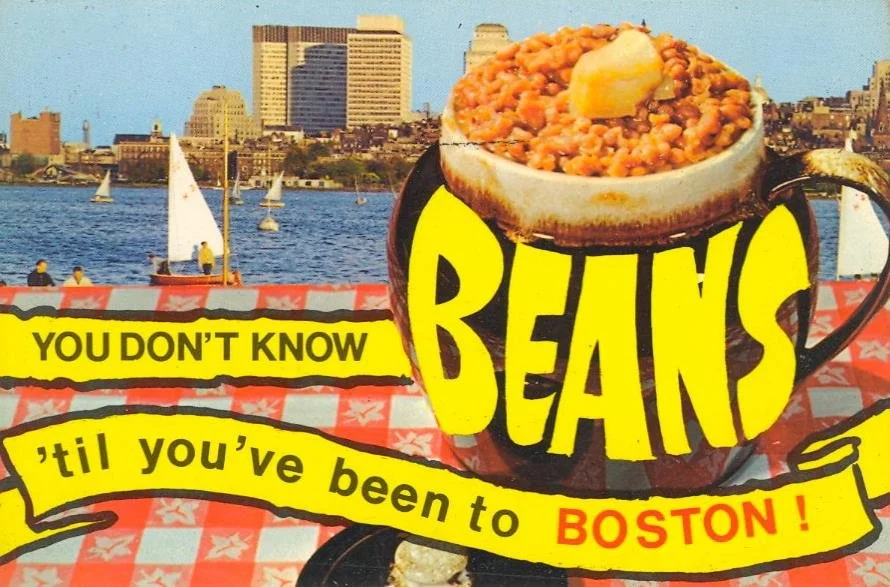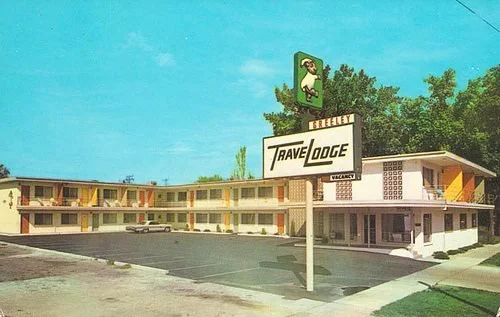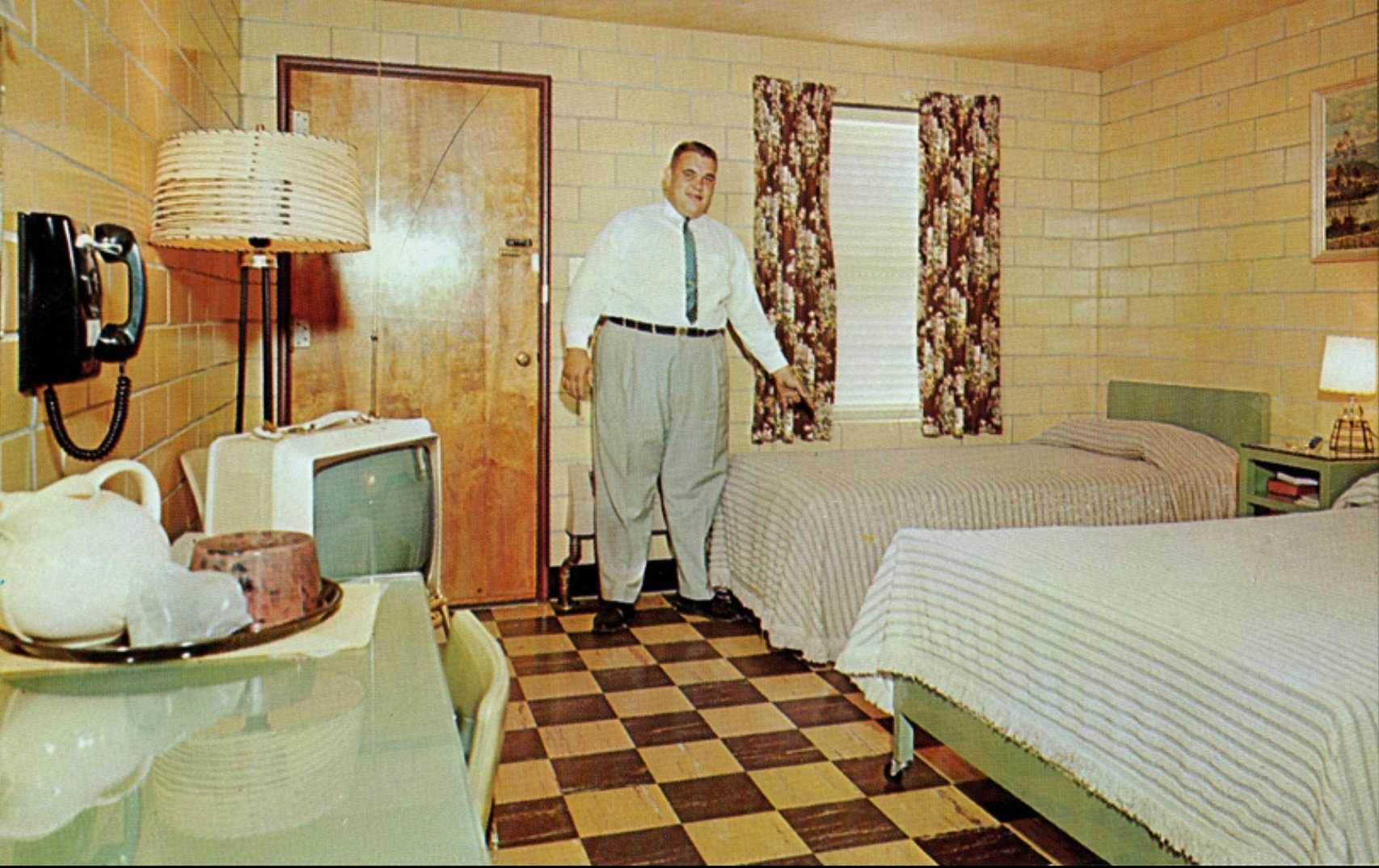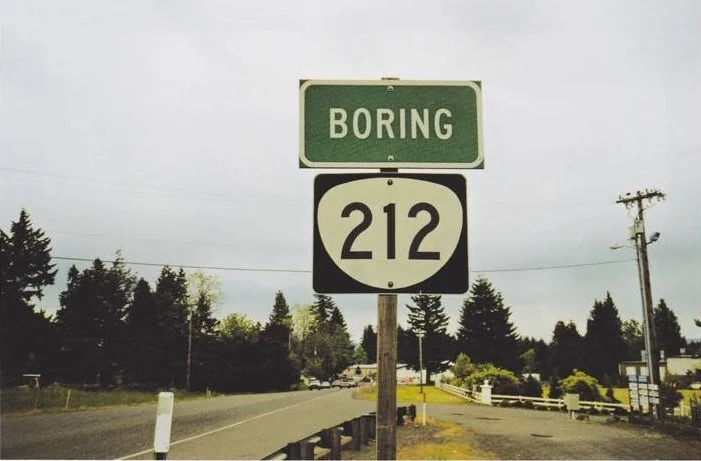By The Landlord
“We live in a homogenised world, where it's hard to get excited when everything is slick and professional. The interesting things are the dull things.” – Martin Parr
“To do a dull thing with style – now that's what I call art.” – Charles Bukowski
“Life is as tedious as a twice-told tale
Vexing the dull ear of a drowsy man;” – William Shakespeare, King John
“We're horribly mundane, aggressively mundane individuals. We're the ninjas of the mundane.” – Andy Partridge
“And I, whose childhood
Is a forgotten boredom.” – Philip Larkin
So, yes, I really must get round to tidying the shed. And pairing the socks. And sort the pen and pencil drawer, and organise my growing collection of assorted USB cables.
If your job is dull or home life isolated, life can be crushingly mundane, but remember when it was more so? When everything was closed on a Sunday? When people just stared out of buses rather than at their phones, and when there was nothing to watch on the telly? When people actually complained there was nothing to do, and before the cultural acceleration of what Neil Postman called in his book, entertaining ourselves to death?
As Aldous Huxley put it: “Habit converts luxurious enjoyments into dull and daily necessities.” So in an ironic turn of modern life, with so many channels and networks and distractions, the interesting can turn upside down.
This week then, to hopefully refresh the imagination and the palate of interest on a canvas of beige, we celebrate the truly dull and mundane, the ordinary and boring, with a metaphorical salad of plain lettuce and a glass of water.
The bland is however something that's been celebrated in many ways. The annual Boring Conference in London has studiously and beautifully celebrated the tedious in many oddball ways, presenting TED-type talks on everything from pencils to paper clips, wooden pallets, motorway services, roundabouts, doormats, oboe reeds, jigsaws, Kinder Egg linguistics, lampposts, gas meters, Danish public information films, yellow road markings, stations where commuter trains don't stop, toilet roll serial numbers, and perhaps tastiest of all, cornflake collector and artist Anne Griffiths and her study of the crispy cereal's taxonomy:
No two are the same: Anne Griffiths’ cornflakes collection
Where might you find such material in the world of music? A symphony of yawns? Songs set in one-horse town where nothing happens, that is, until it does? In homogenised suburbia, or a bland, lonely bedsit, a place to escape from?
Trainspotting author Irvine Welsh is here for a drink and a chat, and turns that idea on on its head: “When you grow up in a place, you always think it's mundane. Then you travel around and live in different places, and you realise that you've got it the wrong way 'round.”
David Byrne enjoys playing with this theme in lyrics and also tells us that: “Life tends to be an accumulation of a lot of mundane decisions.”
Song Bar regular Peter Hammill is also in the house, and on making things from the mundane, in a more general way says: “I think Art lies in both directions - the broad strokes, big picture but on the other hand the minute examination of the apparently mundane, seeing the whole world in a grain of sand ...”
Rufus Wainwright agrees, and proclaims that “I like to make the mundane fabulous whenever I can.”
So as with the Boring Conference, out of a bog of tedium, a flowerbed of inspiration can grow.
Boring things can of course be entirely subjective. Cricket is a classic example, one that to some is fascinating to every minute detail, where for some, even a 1970s Geoffrey Boycott forward defensive stroke, might still seem as fascinating as a current Ben Stokes massive six. And yet for many people cricket is an impenetrable world of tedium. One American friend of mine is married to a cricket fanatic, and tells me that when she needs to relax and get to sleep, she just gets him to explain to her the rules of the game.
But some truly make the mundane into art, and no one more than the great photographer of habitual life, Martin Parr, whose book of Boring Postcards are lovingly pored over in a celebration of brown, beige and Brutalist architecture. Here are some of those classic, and some others from further afield …
Tasteful …
What about playing on this with long, uniform works of literature or music? Gustav Mahler is known for his stupendously long symphonies, but advises that: “If you think you're boring your audience, go slower not faster.”
And on novelists, Raymond Chandler mischievously declares that" "The English may not always be the best writers in the world, but they are incomparably the best dull writers."
In a riposte to that, 19th-century writer of lengthy tomes William Makepeace Thackeray is here too, and adds this dimension to his genre: "If a secret history of books could be written, and the author's private thoughts and meanings noted down alongside of his story, how many insipid volumes would become interesting, and dull tales excite the reader!"
We do require some people to be boring if their jobs so require it. One of the great problems of populist politics has how much we've gone against this trend. Arguably every country needs a Clem Atlee, not a Boris Johnson or a Donald Trump. "The first requirement of a statesman is that he be dull," said Dean Acheson, who advised JFK during the Cuban Missile Crisis.
And here's comedian and musician Bill Bailey on that same subject. "I think people are quite refreshed with politicians who aren't concerned with what Arctic Monkeys track they like, but with the day-to-day, dull business of politics."
While famous creative people are often perceived as interesting, they are often not so out of the spotlight of their oeuvre, but lead banal lives. Marilyn Monroe was certainly not one of those, but complained that in a glamorous Hollywood social scene, "I've often stood silent at a party for hours listening to my movie idols turn into dull and little people," opening up a world of boredom in a perceived one of glamour.
“Men of genius are often dull and inert in society; as the blazing meteor, when it descends to earth, is only a stone,” adds Henry Wadsworth Longfellow, and there's certainly something in that.
Talking of stones, here's the ultimate example of the power of boring expressed in the exquisitely painful character of Father Stone in the classic 90s sitcom Father Ted, torturously visiting the priests' house for an indefinite stay:
So many of the classic postcards capture hotels and motels. Here are some other gems.
But dullness can also go the other way. Spending the winter in a hotel where there's nothing to do other than try and write your novel can do very scary things, as Shelley Duvall discovers when checking out husband Jack Nicholson's manuscript:
So then, it's time to set music to the mundane and bring even life to the boring with songs. And enlivening this subject, no doubt, with characteristic mischief and humour is the ever lively Olive Butler! Place your not-so-boring songs about the bland in comments below in time for the deadline at 11pm UK time on Monday, for playlists published next week. Should be very relaxing ...
Boring, Oregon (from the Martin Parr collection)
New to comment? It is quick and easy. You just need to login to Disqus once. All is explained in About/FAQs ...
Fancy a turn behind the pumps at The Song Bar? Care to choose a playlist from songs nominated and write something about it? Then feel free to contact The Song Bar here, or try the usual email address. Also please follow us social media: Song Bar Twitter, Song Bar Facebook. Song Bar YouTube, and Song Bar Instagram. Please subscribe, follow and share.
Song Bar is non-profit and is simply about sharing great music. We don’t do clickbait or advertisements. Please make any donation to help keep the Bar running:

